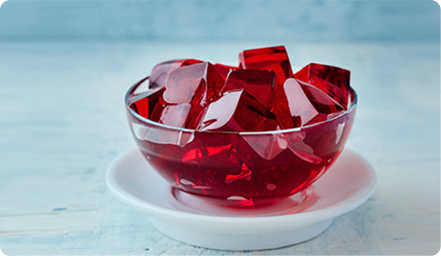-
July, 26,2025
Understanding the Role of Bloom Strength in Soft Gelatin Capsules
-
July, 25,2025
Bloom Strength and Its Impact on Hard Gelatin Capsules
-
July, 21,2025
How Gelatin Is Revolutionizing Pet Food: A Healthier Option for Dogs
-
June, 22,2025
Collagen as a Trusted Ingredient: Meeting Global Demand with Reliable Supply
Collagen Peptides Manufacturing Process: From Raw Material to Product
From pharmaceuticals and nutraceuticals manufacturing to cosmetics production, collagen peptides have grown to become an indispensable element in a wide variety of manufacturing lines, especially in health and wellness. With the growing demand for clean-label ingredients and functional foods, any business dependent upon high-quality, regular supply chains will want a better view of how collagen peptides are made. The following article shall delve in detail into the collagen peptides manufacturing process and offer insights for distributors, wholesalers, and terminal manufacturers. Detailed attention will be given to a full process down from raw material selection to quality control and outlining the key application areas in such industries as health supplements, beverages, and cosmetics.
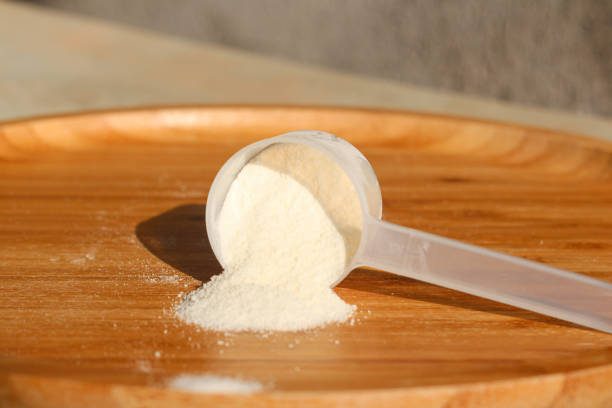
What are Collagen Peptides?
Collagen peptides are short chains of amino acids derived from collagen, which is the most abundant protein in the animal kingdom, present in the skin, bones, and connective tissues of mammals. Unlike gelatin, which represents partially hydrolyzed collagen used in food and pharmaceutical applications, these peptides are fully hydrolyzed collagen, hence more bioavailable and easily digested.
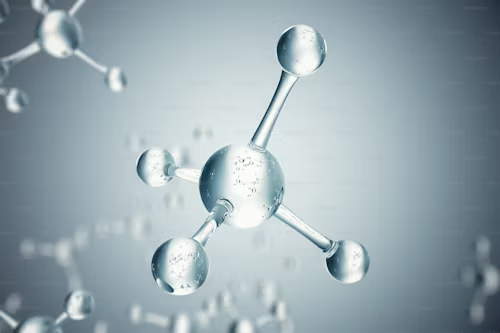
It is said that collagen peptides have been gaining a reputation in terms of health benefits related to skin elasticity, joint health, and recovery post-workout. Applications include foods, cosmetics, and pharmaceuticals. Therefore, collagen peptides can be generally termed as versatile ingredients for B2B manufacturing companies.
Key Steps Involved in Collagen Peptides Manufacturing Process
The production of collagen peptides is a multi-step process that is highly controlled to guarantee purity, functionality, and quality. We explain in the subsequent sections the primary steps involved in transforming raw animal materials into highly soluble collagen peptides.
Selection of Raw Materials
Quality collagen peptides start with the selection of raw materials. Collagen is usually extracted from animal sources such as bovine (cows), porcine (pigs), and aquatic sources-fish being one of them. Most of the time, the choice of raw material will depend on the end application because different industries may have different preferences for types of collagen.
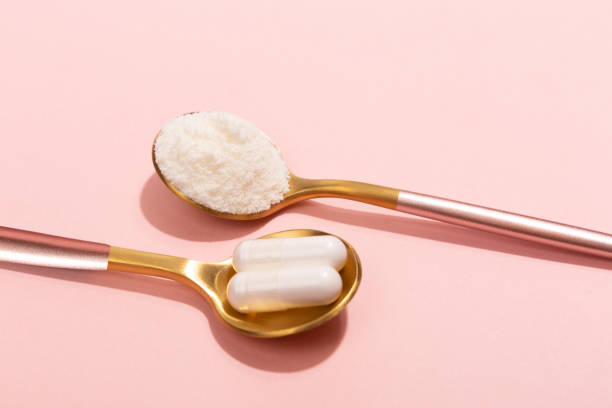
Most health supplements contain bovine collagen due to the much-needed type I and type III collagen that helps with the regulation of skin and joint health. Porcine collagen is more similar in structure to human skin collagen and is hence very popular for cosmetic and pharmaceutical purposes. Marine collagen, on the other hand, is generally lighter in molecular weight and boasts superior absorbability, hence it is growing increasingly popular in many high-end skincare and beauty products.
Selection of raw materials from reliable sources is key to ensuring consistency. Top collagen peptides manufacturers, such as Fujian Funingpu Biotechnology, ensure the quality of their raw materials through rigorous guarantees. This ensures high-quality feedstocks for their finished products.
Pre-Treatment Process
Immediately after the selection of raw materials, a pre-treatment process is applied to the materials to remove impurities and prepare them for hydrolysis. This generally includes:
·Cleaning: This is the removal of all non-collagenous materials such as fats, blood, and membranes.
·Degreasing: Using heat and chemical solutions to remove residual fats from the raw material.
·De-mineralization: Removing minerals such as calcium, which may affect the quality of the final product, particularly for bone-derived collagens.
The above-mentioned pretreatment steps will ensure that only the collagenous parts of the raw material remain, which is an important factor in the final collagen peptides' purity and quality.
Enzymatic Hydrolysis
Enzymatic hydrolysis is the most important step in the production of collagen peptides, wherein the collagen gets degraded into lower molecular weight peptides through the action of certain enzymes. Several advantages enzymatic hydrolysis has over traditional methods of hydrolysis using chemicals are as follows:
·Controlled Molecular Weight: The use of enzymes enables precision in control over the size of the collagen peptides. These can be made to customized sizes for a particular application, like smaller peptides for skin health and larger ones for joint care.
·Better bioavailability: Enzymatic hydrolysis enhances the absorption rate of collagen in the human body by breaking down collagen into smaller chains of peptides.
·Cleaner production: Enzymatic methods are cleaner and greener, with far fewer unwanted by-products, compared to chemical hydrolysis.
During this process, collagen is hydrolyzed into peptides with a molecular weight of 2,000-5,000 daltons, easily digestible and highly soluble.
Filtration and Purification
After hydrolysis, the collagen peptides are filtered and purified to eliminate the residual non-collagenous materials, enzymes, and other impurities. This purification usually involves:
·Microfiltration and ultrafiltration: These techniques contribute to the fractionation of peptides by size and molecular weight; hence, the final product is more homogeneous.
·Centrifugation would help separate collagen peptides from residual fats and other impurities that may remain within the mixture.
·Deionization: This process removes ions and salts, further enhancing the purity of the collagen peptides.
Purification is essential for ensuring that the final collagen peptides are free from contaminants, with a focus on maintaining high-quality standards for use in sensitive applications like pharmaceuticals and food products.
Concentration and Drying
Once the peptides are purified, the next process is concentration and drying for packaging. In this process of concentration, one would reduce the volume of the solution comprising collagen peptides in most cases through evaporation under controlled conditions. Drying entails the spray-drying or freeze-drying of the concentrated solution into powder form.
·Spray Drying: The method uses hot air to rapidly dry the liquid collagen peptide solution to a fine powder. It is quick and inexpensive; thus, it is applicable at high production volumes.
·Freeze Drying: This involves freezing the peptide solution, followed by sublimation under a vacuum. This technique preserves the bioactivity of the peptides and is often used in high-end products such as pharmaceutical-grade peptides.
The final product is a light, soluble powder that can easily be incorporated into various formulations, including supplements, beverages, and cosmetics.
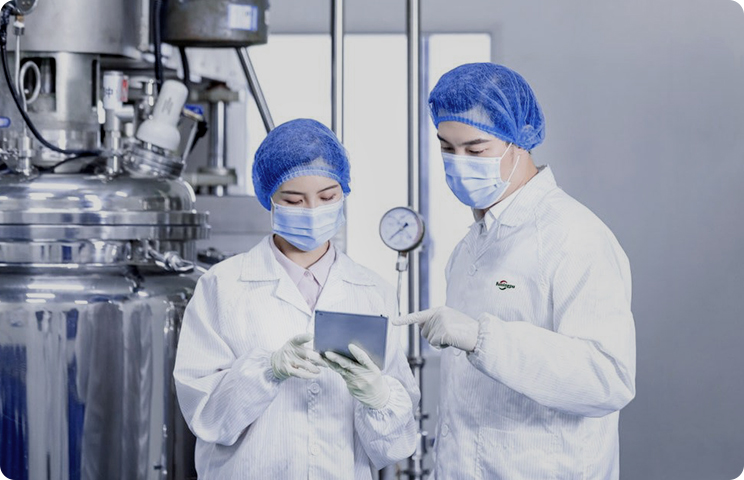
Quality Control for Collagen Peptides
Stringent quality control at every phase of production is what helps to ensure the final collagen peptides meet industry requirements and customer expectations.
Quality Indicators
Among the key quality indications for collagen peptides are:
·Purity: It denotes the percentage of peptides in the finished product. Generally, peptides with purities above 90% are considered high quality.
·Molecular weight: This acts as the determining factor for bioavailability and functional activity, since different applications may call for a specific molecular weight range.
·Solubility: Peptides should easily dissolve in liquids at both cold and hot temperatures, according to various formulation types.
·Odor and Taste: Odorless and neutral-tasting collagen peptides are preferred, especially for foods and beverages.
Testing Methods
To meet these quality parameters, manufacturing companies are reinforcing the following intense testing methods:
·High-Performance Liquid Chromatography (HPLC): In analyzing the peptide size distribution and molecular weight
·Mass spectrometry: To help verify the amino acid profile and detect impurities
·Microbial testing: Ensuring the product is free from harmful microorganisms, making it safe for food and pharmaceutical use.
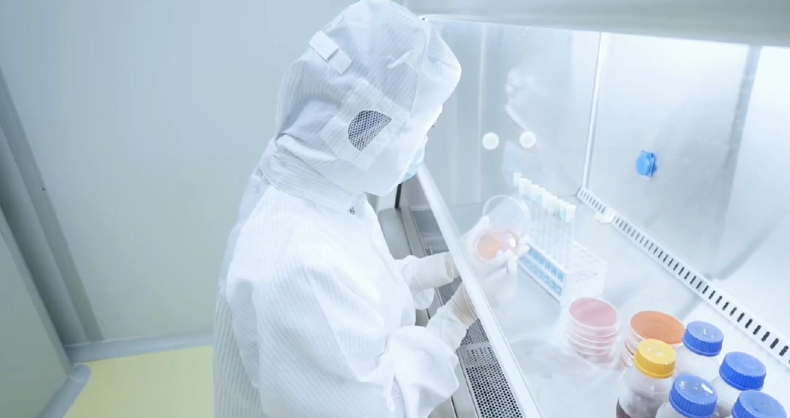
Certification and Compliance
Reputable collagen peptide manufacturers, like Fujian Funingpu Biotechnology, adhere to strict international standards and hold certifications that demonstrate their commitment to quality and safety. Some of the key certifications to look for include:
·ISO 9001: An assurance that the company operates a sound quality management system.
·GMP: Good Manufacturing Practice assures proper manufacturing practices to ensure the quality of the product in every batch.
·Halal and Kosher certification: The reason this is so important is in serving those markets that require products to be according to religious dietary laws.
These certifications help the B2B buyers ensure that the collagen peptides sourced will meet regulatory and customer expectations across different markets, including but not limited to the United States, Europe, and the Middle East.
At Funingpu, maintaining the highest quality standards is non-negotiable. Our production processes are fully compliant with ISO 9001, GMP, Kosher certifications, ensuring that we meet the diverse regulatory requirements of our global clients.
Collagen Peptides Application Areas
Collagen peptides are one of the nutritional ingredients with the widest range of applications across various industries. Their applications are focused, among others, on the following spheres:
1. Health Supplements
Collagen peptides are among the most popular supplements for joint health, skin elasticity, and muscle recovery. High bioavailability makes this product an excellent ingredient for capsules, powders, and tablets.

2. Functional Beverages
Due to the peptides' solubility, collagen peptides will fit perfectly in functional drinks such as protein shakes, beauty beverages, and recovery drinks. They can easily be incorporated into both hot and cold beverages without affecting the taste or texture.
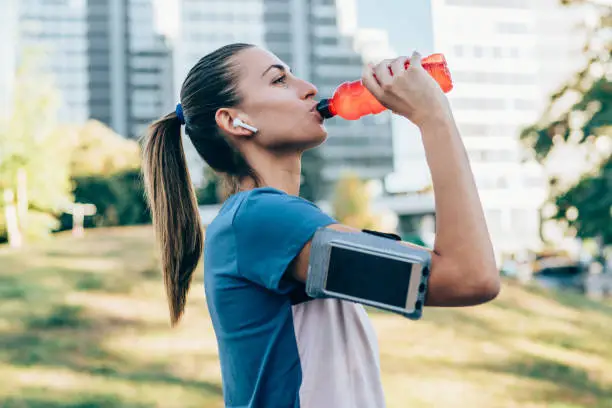
3. Replacement Meals
Other applications include meal replacement bars and powders. Collagen peptides are a high-quality source of protein, which benefits muscle maintenance and satiety, hence very popular in fitness and weight management supplements.

4. Pet Food
Collagen peptides in pet food are added to enhance joint health and improve the coats of pets. They are commonly found in premium pet food and supplements targeting aging or active animals.

5. Cosmetics
Due to this fact, collagen peptides have enormous value in the cosmetic industry for skin hydration and elasticity. Normally, incorporation into anti-aging lotions, creams, serums, and face masks is done.
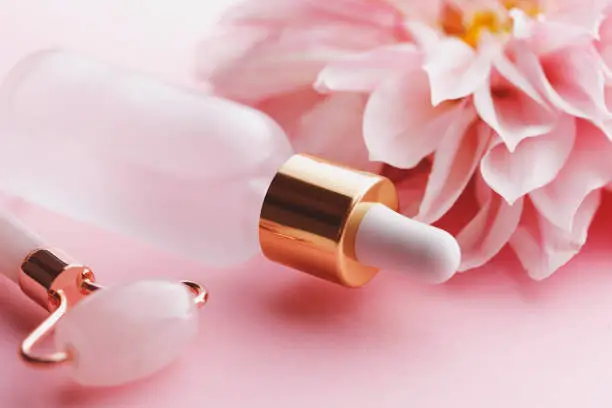
Final Thoughts
The manufacture of collagen peptides is normally a multistage process but is controlled with great care to ensure the quality, bioavailability, and functionality of the final products. Every stage, from the selection of raw materials to enzymatic hydrolysis and purification, is critical in providing collagen peptides that meet the daunting requirements for health supplements, functional beverages, and cosmetics. As demand for collagen peptides continues to grow, collagen peptide powder manufacturers like Funingpu are at the forefront of innovation, ensuring a reliable supply of premium collagen peptides to the global market.
FAQ
1. What is the difference between collagen peptides and gelatin?
Even though collagen peptides and gelatin both come from collagen, collagen peptides are more highly hydrolyzed to give way to a molecule with shorter lengths of amino acids, which is easily digestible and bioavailable.
2. What role does collagen peptide play in food industries?
Due to their high solubility and protein content, they have several applications in functional beverages, protein bars, and meal replacements. They also value-add to the nutritional value of different food products.
3. Are Collagen Peptides safe for use in all diets?
Generally, yes, it is safe for most diets. If you have any special needs in your diet, Funingpu provides Kosher-certified peptides.
4. What are the key benefits of collagen peptides as an active ingredient in supplements?
The function of collagen peptides includes the enhancement of skin elasticity, the support of joint health, and muscle recovery. Thus, peptides are one of the most used ingredients in health supplement foods.
5. How is collagen peptide quality ensured by its manufacturers?
Manufacturers ensure quality with a large dose of quality control, such as enzymatic hydrolysis, filtration, and purity, molecular weight, microbial safety to ensure high standards of the final product.
Phone: +86-577-88105990
Mobile: +86-138 5886 1938
Official Website: www.fnp-gelatin.com
Email: sales@funingpu.com
Address: No. 1-10 Wenpu Road, Yacheng Town, Xiapu County, Ningde City, Fujian Province

